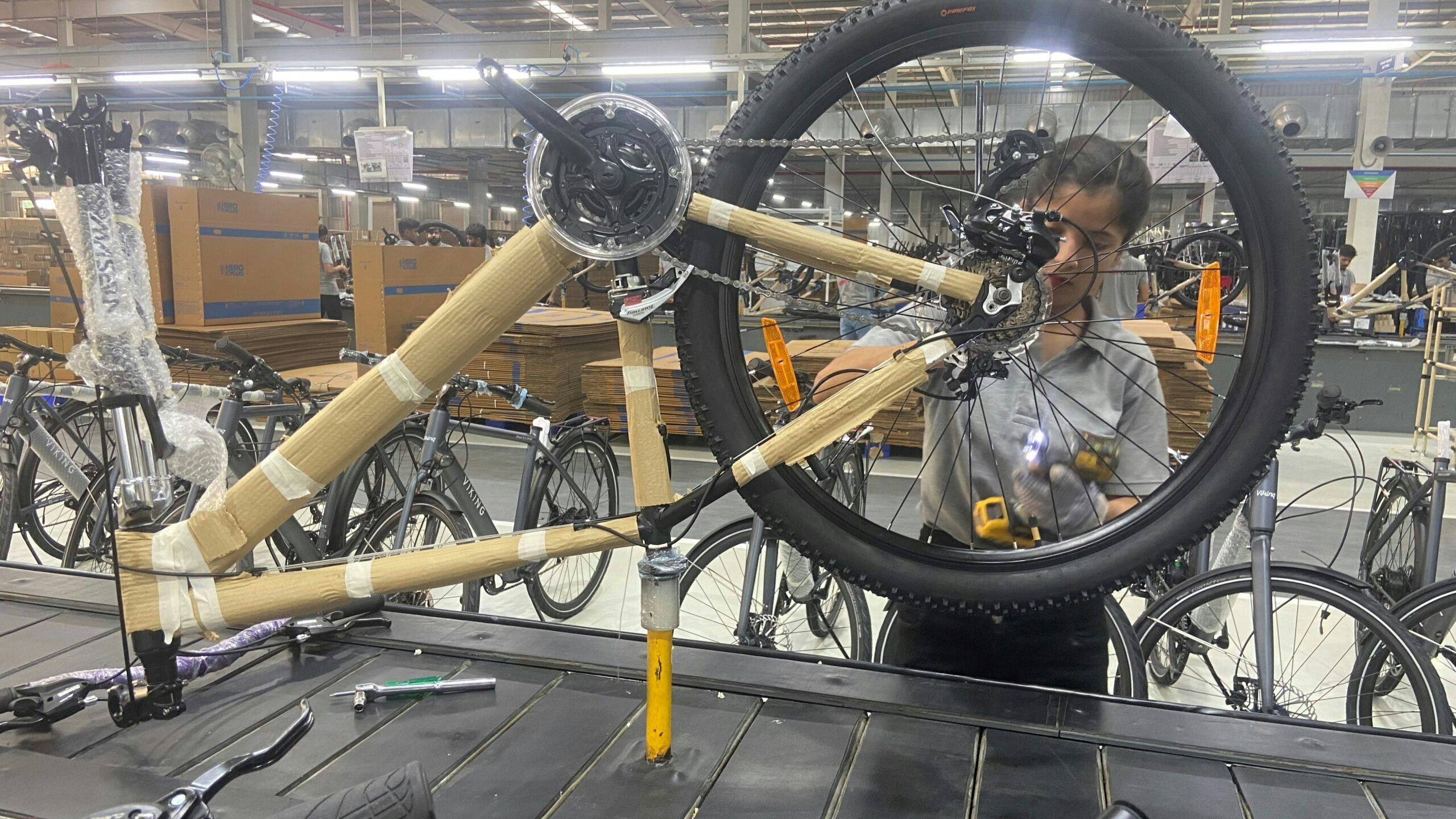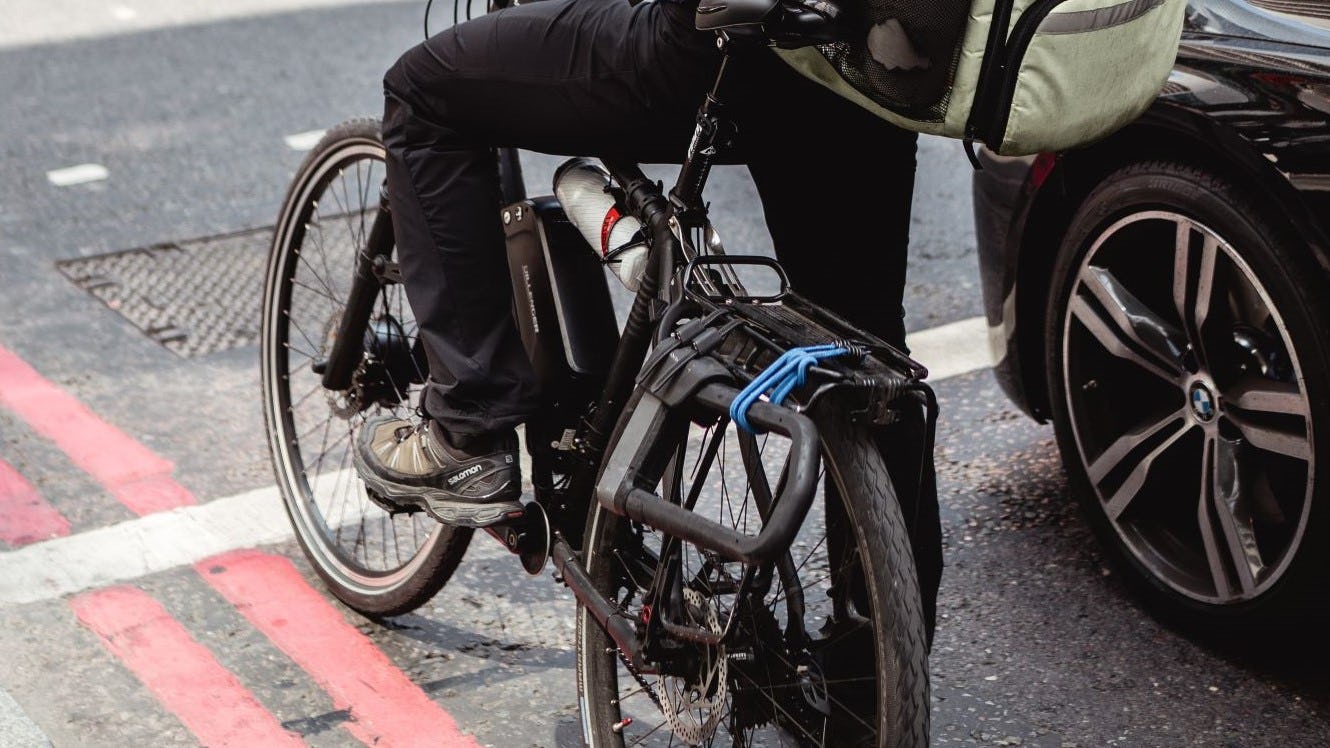Will German standard for e-bike battery storage soon apply across...
BRUSSELS, Belgium - Which battery cabinet provides sufficient protection when an e-bike battery catches fire? Many bicycle industry entrepreneurs are uncertain about the products available. The German VDMA 24994 standard is intended to help separate the good from the bad. According to Bart van de Broek of Dutch financial services provider Nationale-Nederlanden, it will soon be clear whether this standard will also apply across all of Europe.











